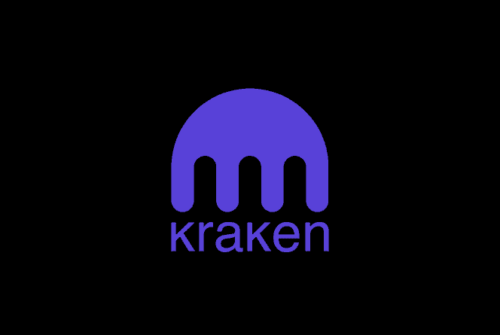
Citrea, a project aiming to bring zero-knowledge (ZK) rollups to Bitcoin, has closed a $2.7 million seed round led by Galaxy Ventures, the venture arm of Galaxy Digital.
The project said in a Feb. 2 blog post that the funding would enable Chainway Labs, the blockchain infrastructure firm building Citrea, to bring it to market.
“Citrea is the first rollup that enhances the capabilities of Bitcoin blockspace with zero-knowledge technology, making it possible to build everything on Bitcoin,” the firm said in a statement.
The round closed in 2023 and saw participation from Delphi Ventures, Taproot Wizards co-founder Eric Wall, Blockscout founder Igor Barinov and others.
2/6 Citrea is the first rollup that enhances the capabilities of Bitcoin blockspace with zero-knowledge technology.
Citrea’s mission is to build a programmable liquidity layer on top of the most secure and decentralized blockchain, Bitcoin.
— Citrea (@citrea_xyz) February 21, 2024
ZK-rollups are concepts that have been more commonly linked to Ethereum through layer-2 blockchains such as Polygon and zkSync.
ZK-rollups aim to be efficient and cheaper by bundling transactions on layer 2 and securing them using a cryptographic protocol called ZK-proofs to prove they happened to the base blockchain without disclosing details about how.
Bitcoin also has layer 2s, such as the payments-focused Lightning Network and scaling projects to rival Citrea, such as ZKSats and Rollux.
In its post, Citrea claimed its ZK-rollup addresses Bitcoin’s “challenges in handling more transactions” and supports “diverse applications without changing its consensus rules.”
“In doing so, Citrea leverages Bitcoin not only as a digital currency but also as a base layer for securing and settling transactions,” it added.
Bitcoin developers have seen a growing divide on how the blockchain should be used.
Some believe it should retain its use as a peer-to-peer electronic cash as described in its white paper, but recent projects like Ordinals, allowing for nonfungible token (NFT)-like assets and the BRC-20 standard allowing for speculative tokens, have challenged that thinking.
In a Feb. 6 blog post Citrea said it aims to make Bitcoin “a base layer” for an ecosystem of blockchain games, NFTs and decentralized finance (DeFi) “without compromising Bitcoin security and changing its consensus rules.”
Its solution is also based on the Ethereum Virtual Machine (EVM), which “enables all the EVM developers to build on Bitcoin.”





